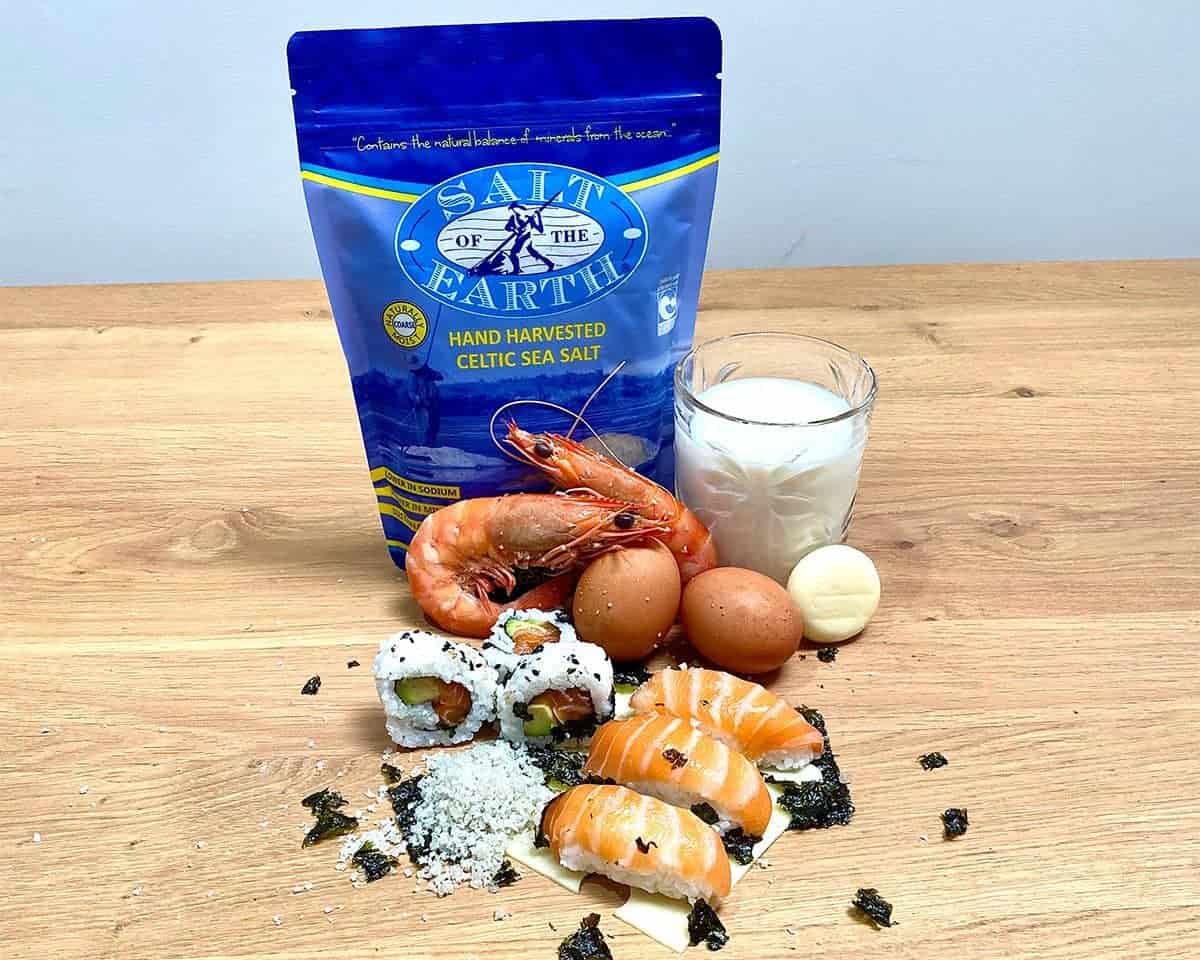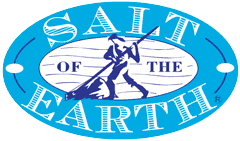Categories
10 Signs Of An Iodine Deficiency

Iodine is one of our body’s most vital minerals. While the largest concentration is found in our thyroid gland, it is also contained and utilized by every cell of our body. Large quantities are used for optimal function of our salivary glands, brain, cerebrospinal fluid, gastric mucosea, breasts, ovaries and parts of our eyes. Without adequate iodine levels, life itself is not possible.
So what exactly does iodine do?
Iodine is known as the element that is necessary for thyroid hormone production, however, it is also responsible for the production of all hormones in our body. Adequate iodine levels are necessary for proper immune system function. Iodine’s therapeutic actions include – antibacterial, antiparasitic, antiviral, anticancer, mucolytic agent and can also elevate your pH.
So what happens if our body becomes deficient in iodine? The most commonly known symptom of iodine deficiency is goiter (swollen thyroid gland). It can also result in mental retardation, increased child and infant mortality and infertility. A deficiency of iodine will result in a domino effect on the production of hormones in particularly during the early developmental and puberty stages.
10 signs of an Iodine deficiency:
- Goiter (swelling in the neck)
Swelling in the front of the neck, or a goiter, is a common symptom of an iodine deficiency. It occurs when your thyroid gland is forced to make thyroid hormones when there is a low supply of iodine in the body. - Unexpected weight gain
Low iodine levels may slow your metabolism and encourage food to be stored as fat, rather than be burned as energy. This may lead to weight gain. - Feeling tired, sluggish and weak
This is because your body needs the mineral to make energy. - Loss of hair
An iodine deficiency may prevent hair follicles from regenerating. Fortunately, getting sufficient iodine can help correct hair loss that occurs due to an iodine deficiency. - Dry, flaky skin
Iodine helps your skin cells regenerate. It also helps your body sweat and hydrates your skin cells, so an iodine deficiency can cause you to sweat less. - Feeling colder than usual
Iodine helps generate body heat, so low levels of it may leave you feeling colder than usual. - Slower heart rate
An iodine deficiency may slow your heart rate, which may leave you feeling weak, fatigued, dizzy and at risk of fainting. - Brain fog
An iodine deficiency may affect your ability to learn and remember. A study including over 1,000 adults found that those with higher thyroid hormone levels performed better on learning and memory tests, compared to those with lower thyroid hormone levels - Heavy or irregular periods
This is because low thyroid hormone levels may interfere with hormones that are involved in regulating the menstrual cycle. - Problems during pregnancy for both mother and baby
Not consuming enough iodine throughout pregnancy and lactation may cause side effects for both the mother and baby. Mothers may experience symptoms of an underactive thyroid, such as a goiter, weakness, fatigue and feeling cold. Meanwhile, an iodine deficiency in infants may stunt physical growth and brain development.
And now you’re asking yourself should I be using an iodised salt… Refined salt is a lifeless, devitalized product that has had all of its minerals removed and has also been exposed to toxic chemicals that gives it its white colour. Just by adding iodine to a refined salt does not change the well known fact that using a refined salt leads to many health problems and needs to be avoided. It is always a better alternative to source our minerals naturally the way nature intended.
Salt of the Earth Celtic Sea Salt contains the natural balance of minerals from the ocean including iodine. Iodine is only present as a small trace element and Celtic Sea Salt cannot be relied on as your sole source of iodine.
How can I consume good natural sources of Iodine?
The following foods are great natural sources of Iodine:
- Salt of the Earth Celtic Sea Salt
- Seaweed – kelp, wakame, nori
- Deep sea fish (not farmed)
- Milk and other dairy products
- Shellfish
- Eggs
- Prunes
- Lima & pinto beans
Resources:
- Iodine “Why you need it, Why you can’t live without it” – Written by Dr David Brownstein
- https://www.healthline.com/nutrition/iodine-rich-foods#section9
- https://www.healthline.com/nutrition/iodine-deficiency-symptoms#section9

